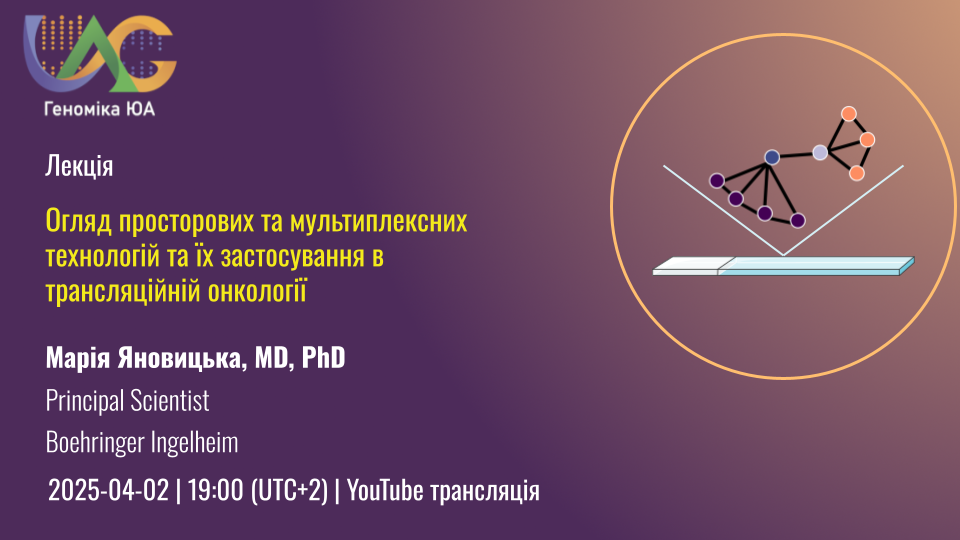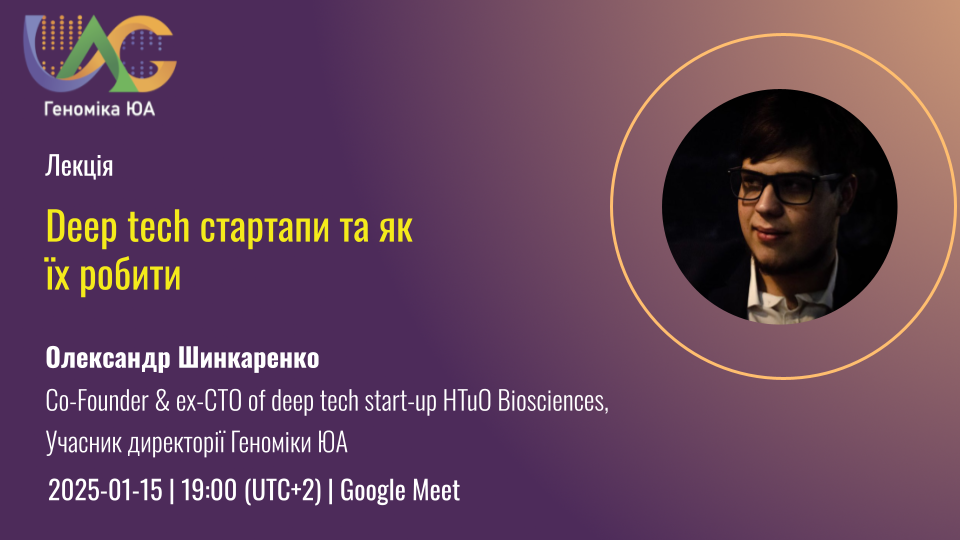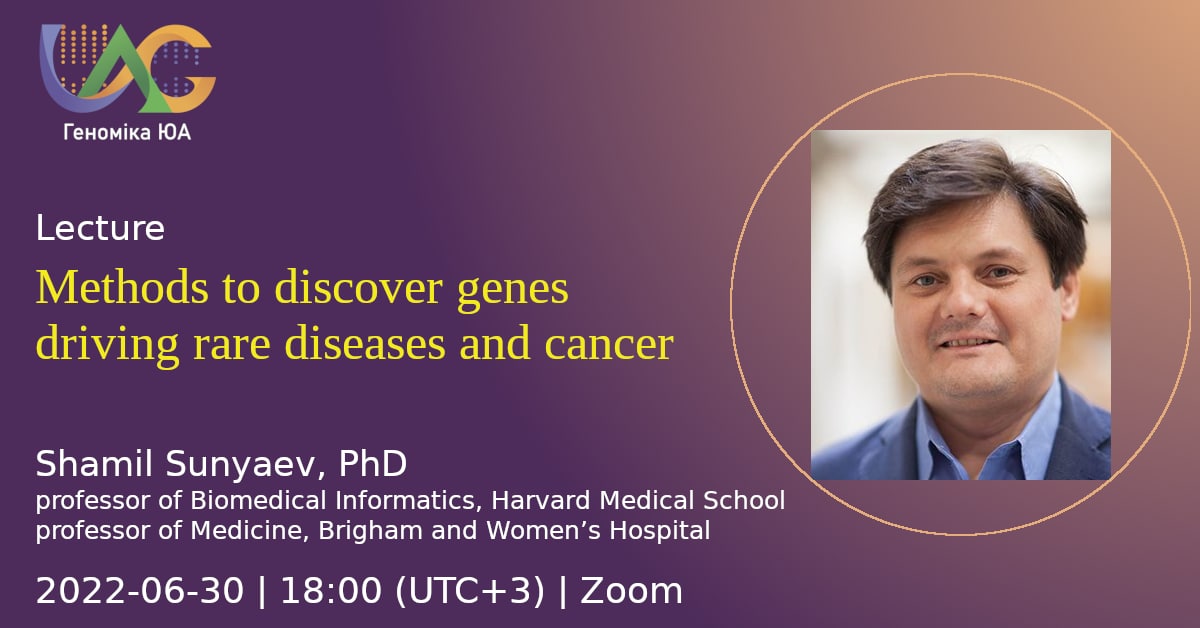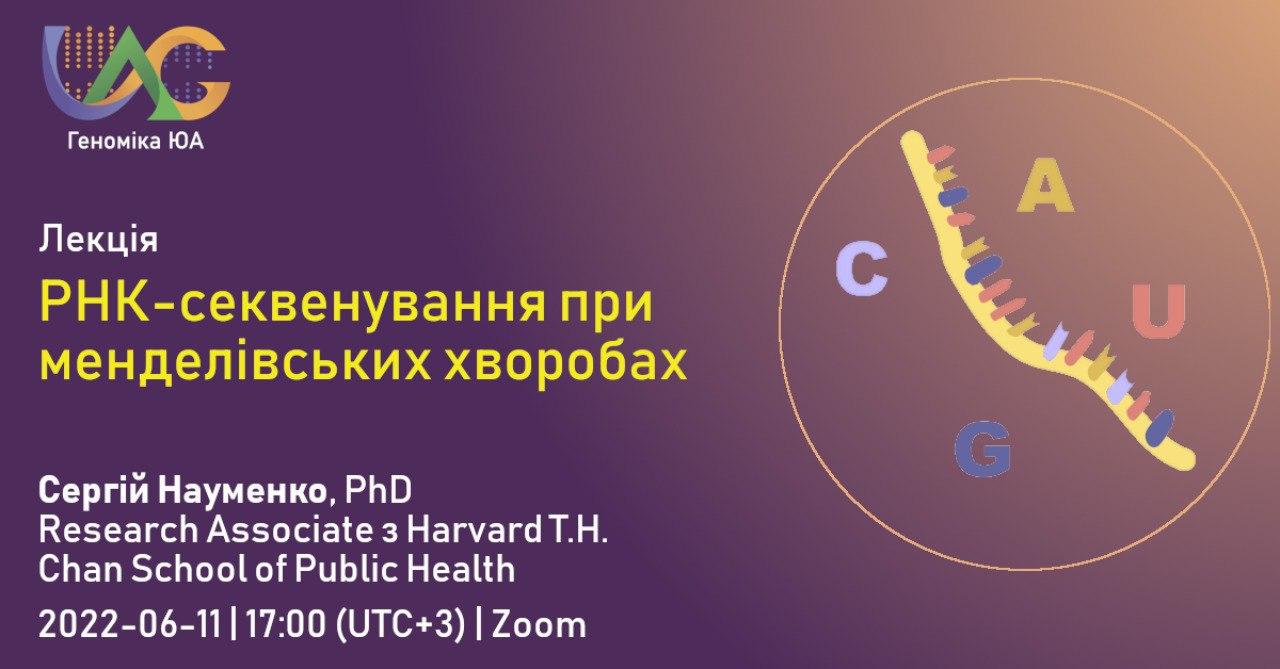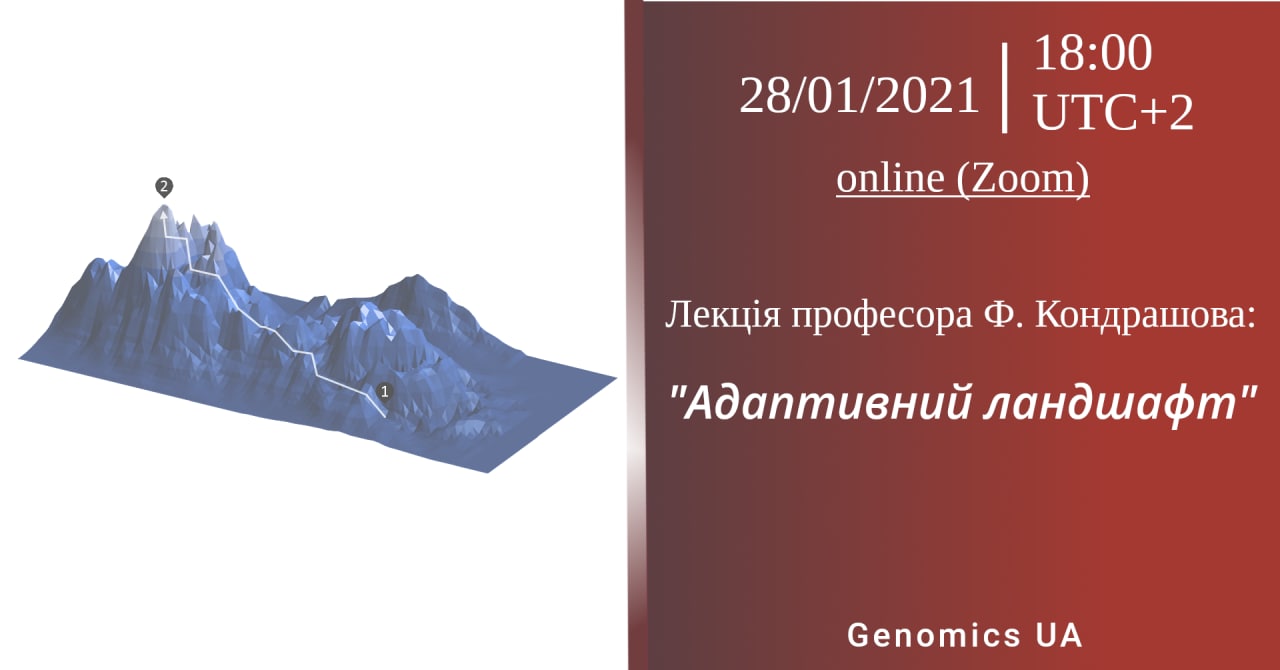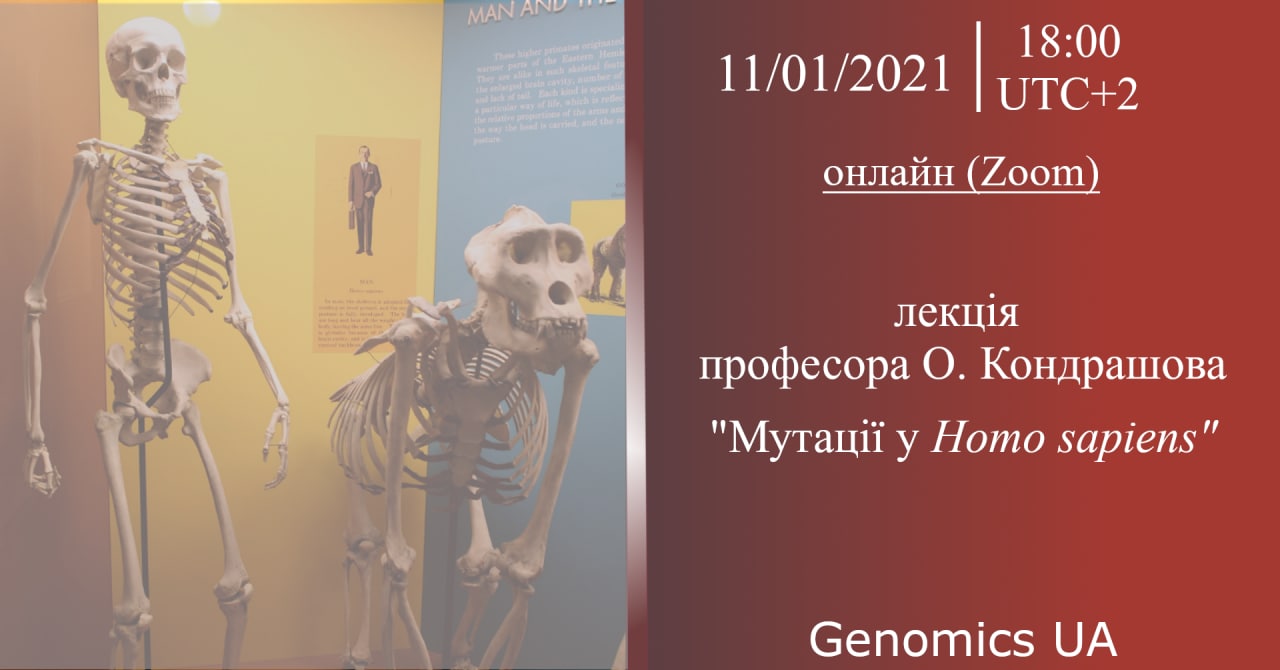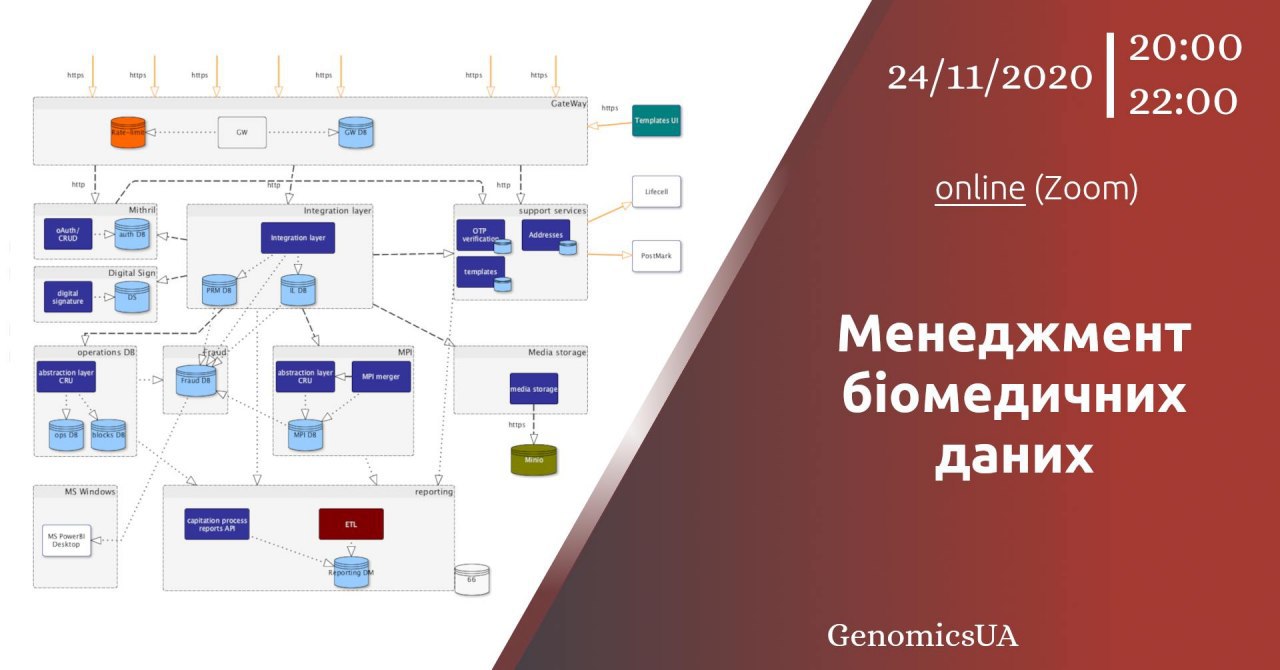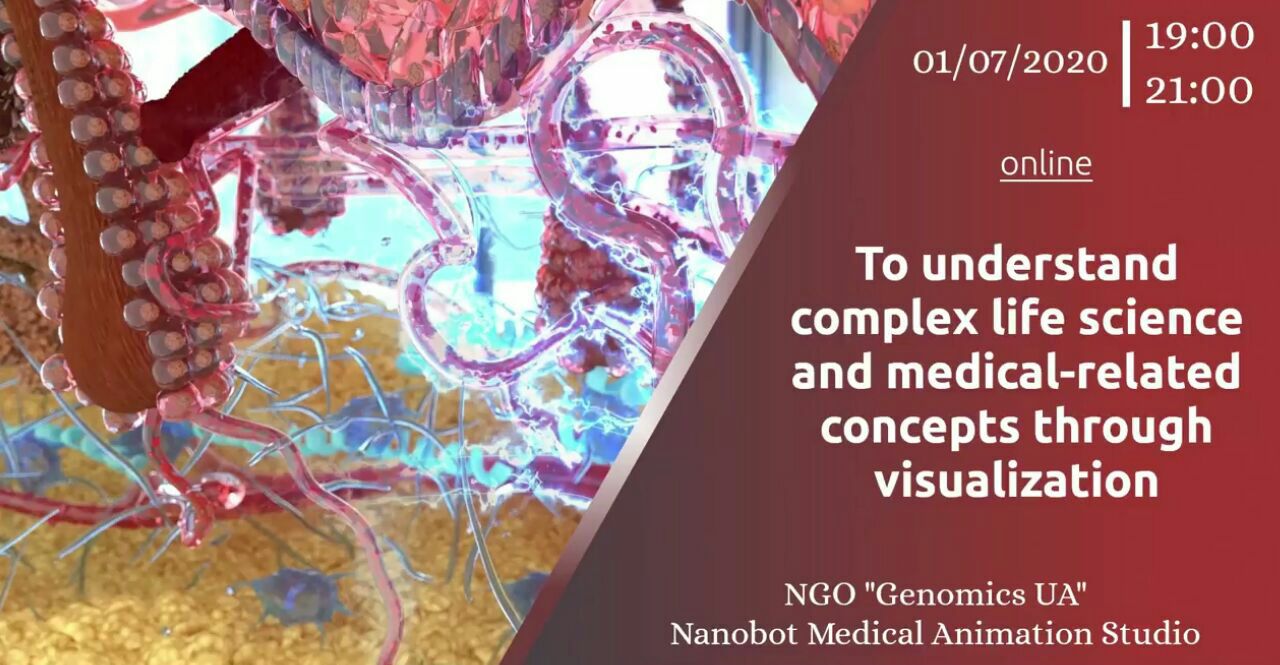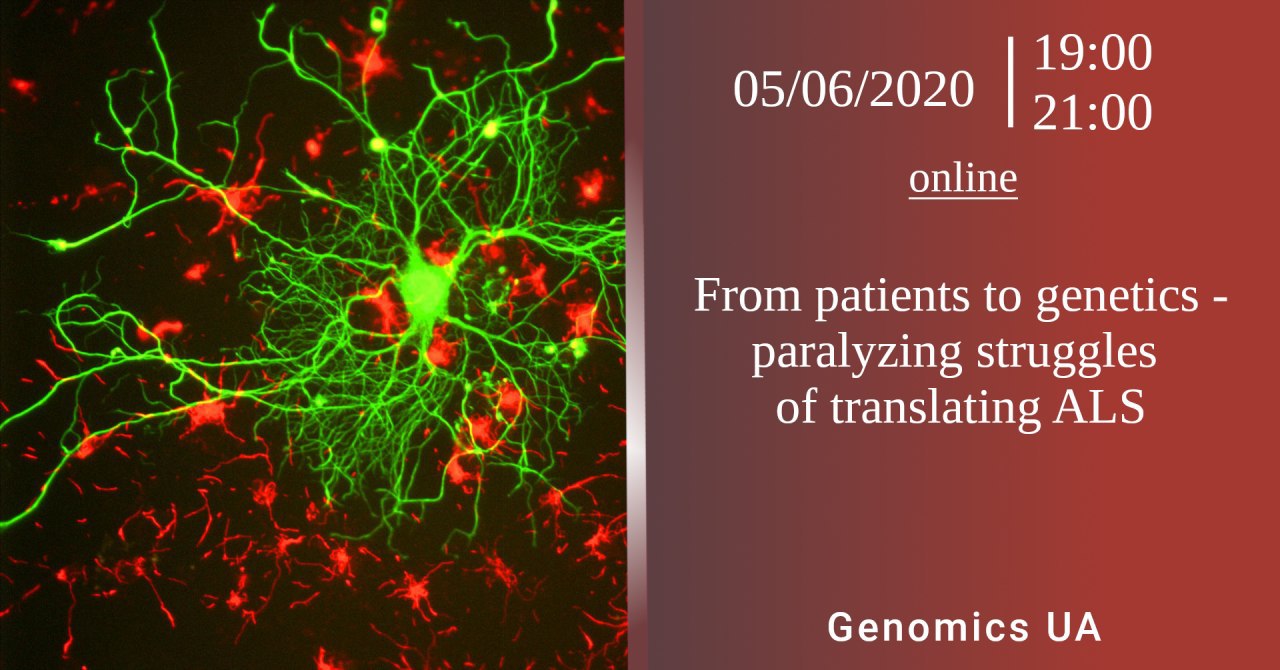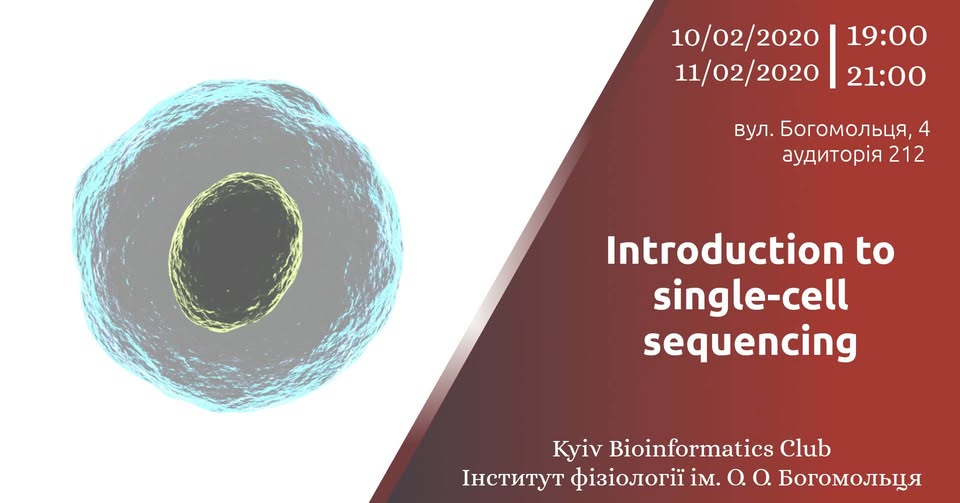The topic of the lecture: From patients to genetics – paralyzing struggles of translating ALS
Speaker: Sophie Imhof, PhD Student at the Medical University of Vienna, Department of Neurology, author of a blog for science communication: https://www.instagram.com/sophie_imhof/
When: 05.06.2020 at 18:00 (Vienna time) | 19:00 (Kyiv time).
Where: Online. We invite you to connect via Zoom to participate in the discussion after the lecture, or to join the YouTube translation. The access links will be provided after free registration: https://www.eventbrite.com/e/105936210056
Open lectures of the NGO “Genomics UA” is a non-formal education format in which invited experts talk about their projects or research field. After a presentation, we organize a Q&A session with the speaker and provide an opportunity for informal communication and networking.
Amyotrophic lateral sclerosis is a fast progressing and lethal neurodegenerative disease that predominantly affects the upper and lower motor neurons. To this point, there is no cure for this pathology and patients have a life expectancy of 3 months to 5 years. Only 10% of cases are due to genetic and hereditary reasons (familial ALS), leaving 90% of patients in the dark of the underlying mechanism of their pathology (sporadic ALS). Only two FDA approved compounds, Riluzole, which prolongs life for up to 3 months, and Edaravone, which was shown to slow down disease progression, are used to treat ALS patients, however, they remain drugs of low efficiency. Out of this reason, researchers worldwide are establishing models and using state-of-the-art technology to investigate this disease. Although our community of ALS scientists and clinicians is eager to beat this pathology, we face many obstacles in the form of patient heterogeneity, different molecular phenotypes, and technical limitations. To overcome these burdens, I believe we need to change our mindset and perspective on this disease and step one step back to discover novel niches of research. Patient cohorts, genetics, iPSCs, stem cell therapy, vitamin supplements – what do we actually know about this disease and how can we pave a new path for effective treatment?
Additional information:
– How can I join and ask questions?
– You need to register on zoom.com (it’s free), download the program, go to the link provided in the event announcement, and enter the password. Or just enter the meeting ID and password if you have already installed and opened the program. If possible, join our meetings with a turned-on camera, it helps to create a presence effect for more informal communication. Participants usually turn off the microphone while someone else is talking. If you have questions before the end, feel free to send them to the chat. If you can not join us via Zoom, there is an alternative to join through the YouTube stream. If you watch us on YouTube, you can ask questions in the chat and our moderators will check them.
– I liked the event / I have more questions / I want to be in touch with you.
– First of all, thank you for your interest! We have put together a biomedical community in Telegram and you are invited to join. Go to the channel https://t.me/GenomicsUA, subscribe, and in the description, you will find a link to the chat. If you are not a Telegram user, feel free to drop your question to i@genomics.org.ua, or to our Facebook page.
Don’t forget to subscribe to our Facebook page:
https://www.facebook.com/GenomicsUA
To our YouTube channel:
https://www.youtube.com/ngogenomicsua
And to the local representative office of the organization:
Kyiv: https://www.facebook.com/kyivbioinformatics/
Odesa: https://www.facebook.com/odesabioinformatics/
If you have any questions, please contact us in any of these ways.
Приємного перегляду!
